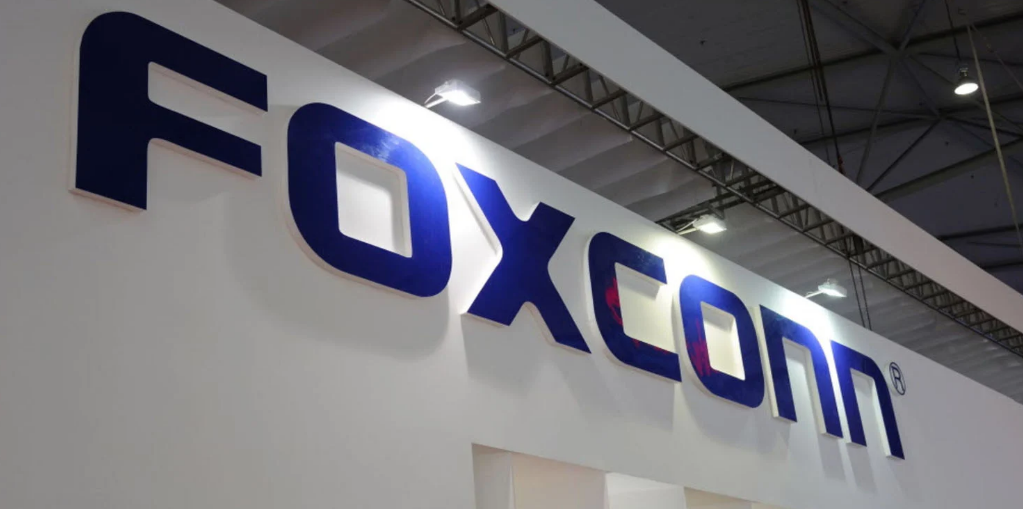Taiwanese electronics giant, Foxconn, renowned for being a key manufacturer of Apple products, has issued a cautionary note about the global electronics market. Foxconn announced a robust net income of NT$33 billion ($1 billion) in its recent report, surpassing the projected NT$25.93 billion average estimate. Despite this, the company’s operating profit fell short of expectations. Notably, Foxconn confronted a 14% revenue dip, marking its first decline since late 2021.
Formerly optimistic about stable revenue for the year, Foxconn now predicts a substantial decline in sales. The company, officially known as Hon Hai Precision Industry, attributes this revision to weakening demand for personal devices and electronics, indicating a larger trend in the industry.

This warning echoes concerns expressed by major tech players like Apple, Qualcomm, and Taiwan Semiconductor Manufacturing Co. who have anticipated a prolonged downturn in the electronics sector post-pandemic. The economic slump has prompted both consumers and corporations to defer spending on electronics, affecting companies like Foxconn. The company’s decision to revise its sales projections reflects the challenges posed by this cautious market sentiment.
However, Apple, a primary customer of Foxconn, remains unfazed. Although hinting at its most extended sales decline in decades due to weakened demand for gadgets globally, Apple has commissioned approximately 85 million units of the iPhone 15 from suppliers. This move aims to stabilize shipments despite economic uncertainties and an anticipated dip in the overall smartphone market. The tech giant is even considering raising prices for its Pro models, potentially counteracting the market’s challenges and bolstering revenue.
With its main business segments facing contraction, Foxconn’s revised outlook raises apprehensions about the demand for its products, which are predominantly manufactured for global tech giants such as Apple. As the company navigates the uncertainties of a shifting market, industry observers are closely watching the ramifications on the broader electronics landscape.
Related:
- Foxconn Invests $600 Million, Creates 13,000 New Jobs in India to Expand Production Facilities
- Google made Another Pixel-Apple Banter video, but it’s a Little Sweet This Time
- TSMC led $3.8 billion venture strengthens European semiconductor industry, bolsters Taiwan-Europe ties
(via)







